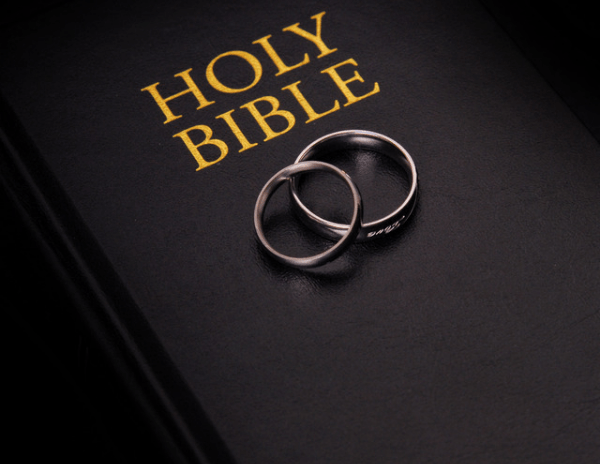The Seven Sacraments
Experiencing God Through the Sacraments
Sacrament of Baptism
The sacrament of baptism ushers us into the divine life, cleanses us from sin, and initiates us as members of the Christian community. It is the foundation for the sacramental life. At baptism, the presider prays over the water: Father, look now with love upon your Church, and unseal for her the fountain of baptism. By the power of the Holy Spirit give to this water the grace of your Son, so that in the sacrament of baptism all those whom you have created in your likeness may be cleansed from sin and rise to a new birth of innocence by water and the Holy Spirit.
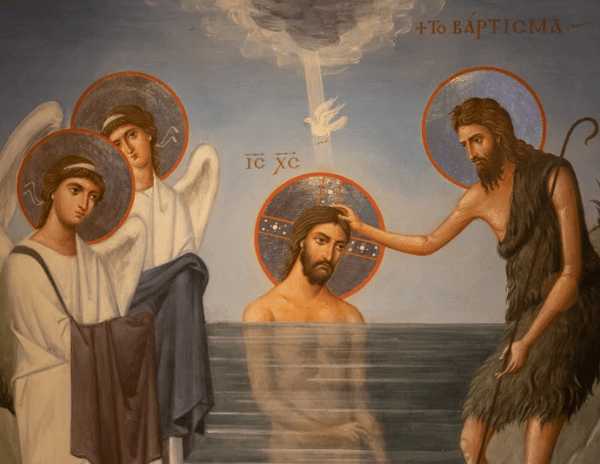
Sacrament of Confirmation
The Roman Catholic Church views confirmation as a sacrament instituted by Jesus Christ. It confers the gifts of the Holy Spirit (wisdom, understanding, knowledge, counsel, fortitude, piety, and fear of the Lord) upon the recipient, who must be a baptized person at least seven years old.
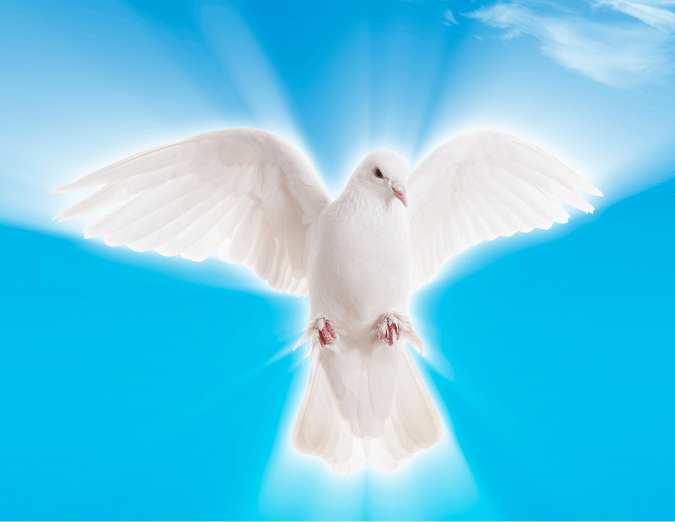
Sacrament of the Holy Eucharist
The word “Eucharist” refers to the Sacrament of the Eucharist, which is the Body and Blood of Jesus Christ truly present on the altar under the appearances of bread and wine. In order to be properly disposed to receive Communion, participants should be conscious of no grave sin and normally should have fasted for one hour.
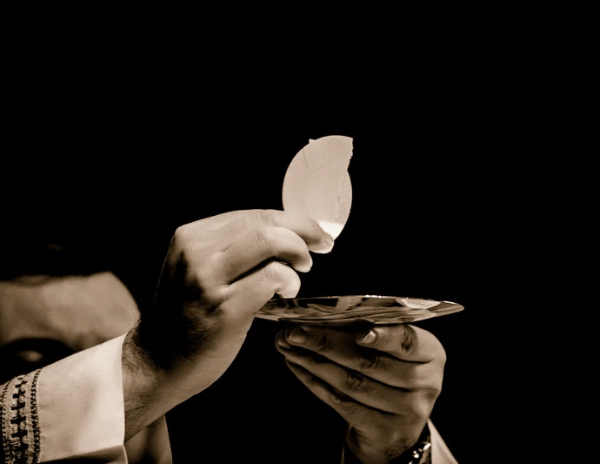
Sacrament of Penance (Reconciliation)
The Sacrament of Penance (Reconciliation) brings about a change of heart through God’s mercy and forgiveness. Reconciliation (also known as Confession or Penance) is a sacrament instituted by Jesus Christ in His love and mercy to offer sinners forgiveness for offenses committed against God. The Sacrament of Penance is one of the seven sacraments of the Catholic Church, in which the faithful are absolved from sins committed after baptism and reconciled with the Christian community. During reconciliation mortal sins must be confessed and venial sins may be confessed for devotional reasons.

Anointing Of The Sick
In the Catholic Church, the anointing of the sick, also known as Extreme Unction, is a Catholic sacrament that is administered to a Catholic “who, having reached the age of reason, begins to be in danger due to sickness or old age”, except in the case of those who “persevere obstinately in manifest grave sin”. Proximate danger of death, the occasion for the administration of Viaticum, is not required, but only the onset of a medical condition of serious illness or injury or simply old age: “It is not a sacrament for those only who are at the point of death. Hence, as soon as anyone of the faithful begins to be in danger of death from sickness or old age, the fitting time for him to receive this sacrament has certainly already arrived.” Despite that position, anointing of the sick has in practice often been postponed until someone is near dying, in spite of the fact that in all celebrations of this sacrament, the liturgy prays for recovery of the health of the sick person if that would be conducive to his salvation.
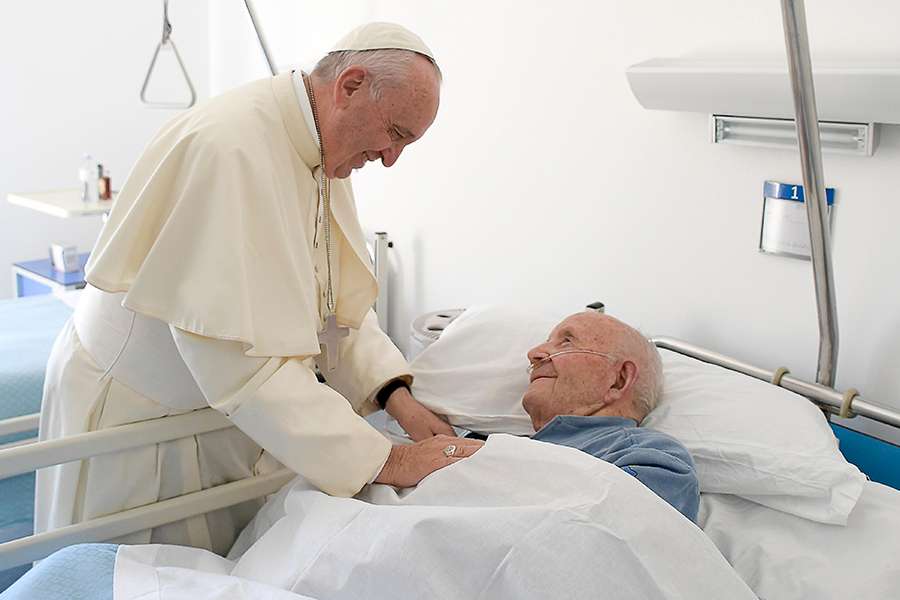
Holy Order
The Sacrament of Holy Orders is a sacrament in the Catholic Church that confers the grace and authority to serve as a bishop, priest, or deacon. It is considered a continuation of the mission entrusted by Jesus Christ to his apostles.
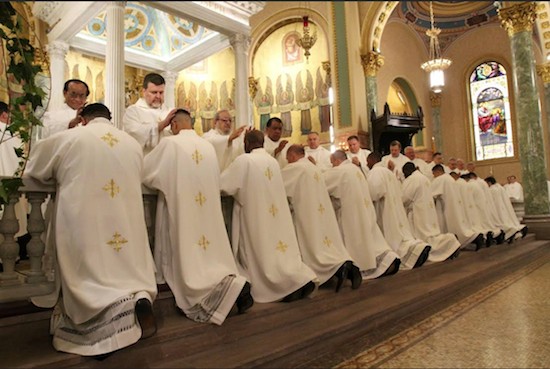
Sacrament of Matrimony
As Genesis says, man was created in the image and likeness of God, who is Love. God having created man and woman, the mutual love between them becomes the image of the absolute and unfailing love with which God loves man. This love is good, very good, in the eyes of the Creator. Sacred Scripture affirms that man and woman were created for each other. Genesis says that “it is not good that man should be alone.” The woman, “flesh of his flesh,” his equal, the creature most like man himself, is given to him by God. “Therefore a man leaves his father and mother and cleaves to his wife, and they become one flesh.” This indefectible union is explained by the Lord himself when he remembers what was “in the beginning,” the Creator’s plan: “So that they are no longer two but one flesh” (Catechism of the Catholic Church, 1603-1605)
